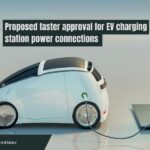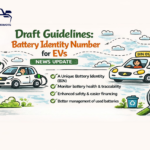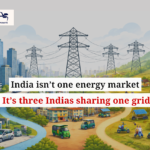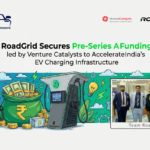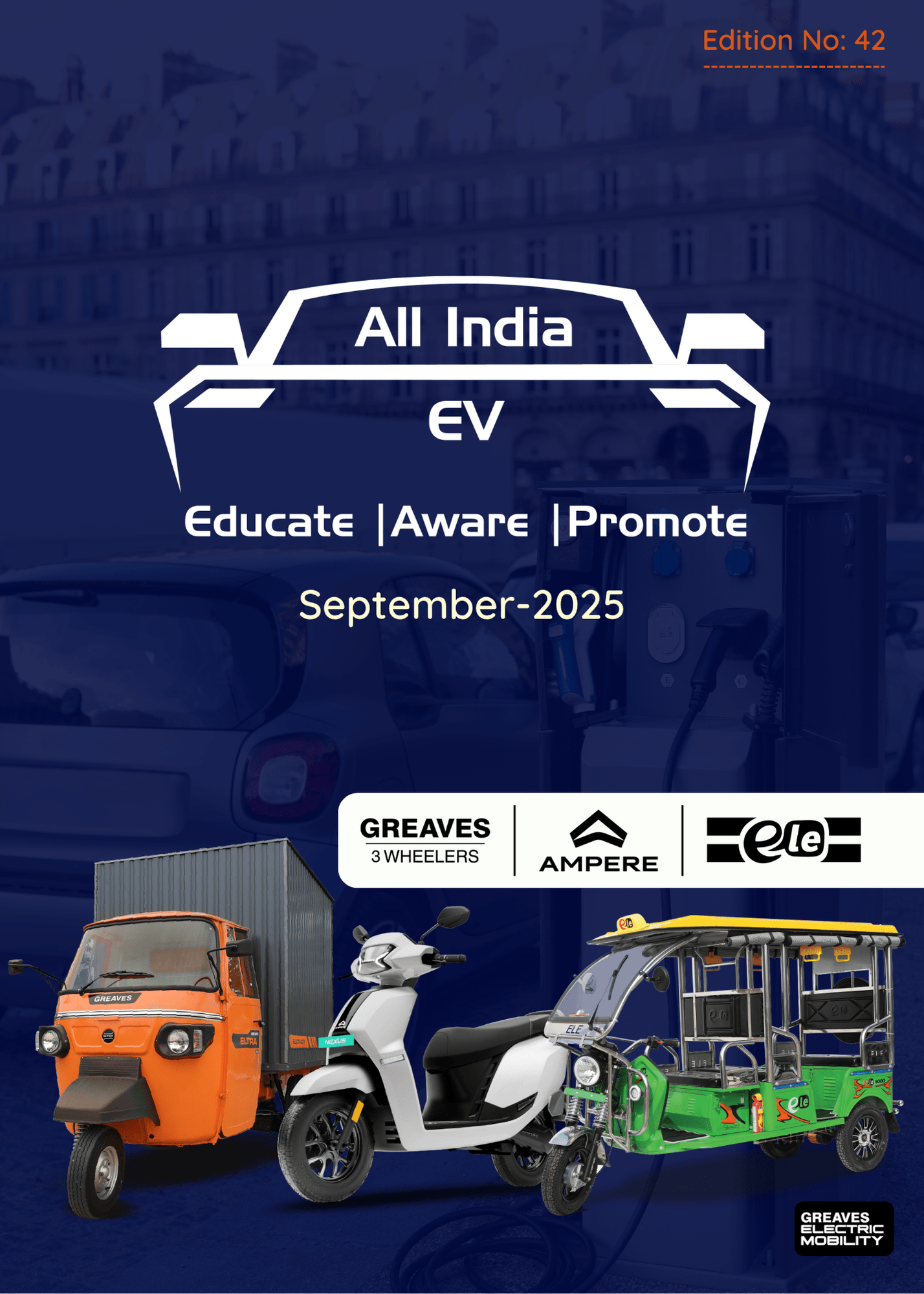
India’s EV Ambitions Face Setback as China Restricts Rare Earth Exports, Highlighting Urgent Need for Self-Reliance
India’s electric vehicle (EV) ecosystem stands at a critical juncture. The recent export curbs imposed by China on key rare earth minerals have underscored the urgent need for India to de-risk its EV supply chains and invest in domestic resilience.
On April 1, China’s Ministry of Commerce announced stricter export controls on seven strategic rare earth elements – samarium, gadolinium, terbium, dysprosium, lutetium, scandium, and yttrium. These minerals are indispensable to EV motors, renewable energy systems, and cutting-edge technologies. Going forward, these exports will require special licences, adding a layer of unpredictability for global markets—India included.
While these curbs may be Beijing’s strategic response to US tariffs, the implications for India are deeply structural. China currently controls 63% of rare earth mining and 90% of global processing output. India, despite sitting on an estimated 6.9 million tonnes of rare earth reserves, lacks the infrastructure to process them effectively. As a result, India’s EV sector—already heavily reliant on Chinese imports—may face serious headwinds.
The EV Industry’s Growing Dependence
In 2023, India sold over 1.9 million EVs, accounting for just 3.6% of total vehicle sales. However, most of these vehicles are powered by Chinese-made batteries, motors, and magnets. In the first half of 2024 alone, India is estimated to have imported over $7 billion worth of EV components from China.
Industry leaders and experts are raising concerns.
“China’s export restrictions on rare earth magnets will tighten supply chains for Indian EV manufacturers,”
said Saket Mehra, Auto Industry Partner at Grant Thornton Bharat.
“We’re likely to see production delays, increased costs, and slowed R&D on advanced EV technologies.”
China refined over 200,000 tonnes of rare earths in 2023, compared to just 10,000 tonnes processed by India’s IREL, a state-owned entity. The gap reveals how unprepared India is to face such supply shocks.
A Sector in Transition — Or at Risk?
The Economic Survey 2024–25 presented to Parliament earlier this year had already flagged the dangers of India’s high “import intensity” in EV manufacturing. The survey urged diversification of critical supply chains and a renewed focus on domestic manufacturing and mineral processing.
“The extent to which electric mobility is incentivised must consider these risks… China has a commanding hold over global critical mineral markets,”
the survey cautioned.
India’s response must be swift and strategic. While the Chinese restrictions are not India-specific, their ripple effects are already being felt. Rising prices and restricted access to vital components could derail the growth momentum the EV sector has worked hard to build.
Opportunities in the Crisis
Yet, within this challenge lies opportunity.
According to Mehra, “The global race to find alternatives—through substitution, recycling, and new technologies—is now in motion. India must capitalize by investing in refining capabilities, R&D, and policy frameworks to become a credible player.”
Experts like Sunit Roy, former petrochemist at ONGC, point toward innovative opportunities.
“India hasn’t even begun exploring avenues like lithium extraction from abandoned oil wells, a method proving effective overseas,”
Roy said.
“We also recycle only 22% of our 62 million tonnes of e-waste annually. That’s an untapped goldmine for critical minerals.”
The Road Ahead for India’s EV Ecosystem
We believe this is a pivotal moment for India. The country can either strengthen its domestic EV ecosystem or risk falling behind in the global clean mobility race.
The government, private sector, and research institutions must come together to:
- Ramp up domestic rare earth refining
- Invest in circular economy solutions like e-waste mining
- Support local OEMs with supply chain diversification
- Forge strategic international alliances beyond China
India’s EV journey has come far—but the next phase requires bold moves, strategic foresight, and long-term commitment.



